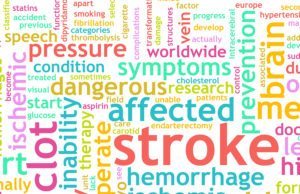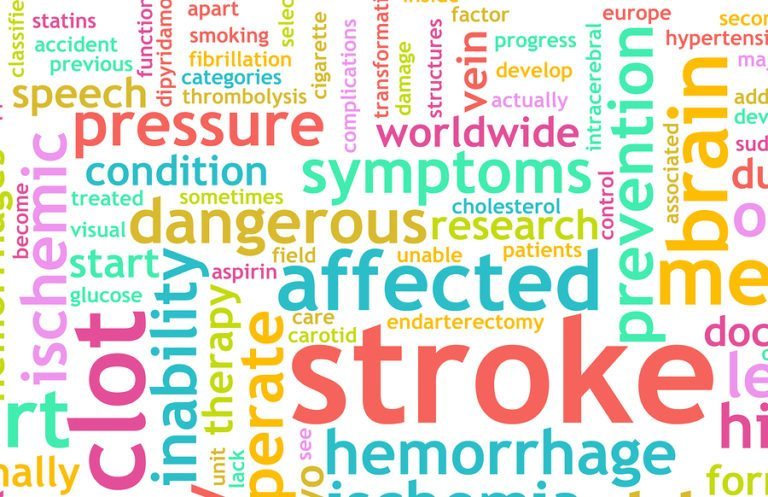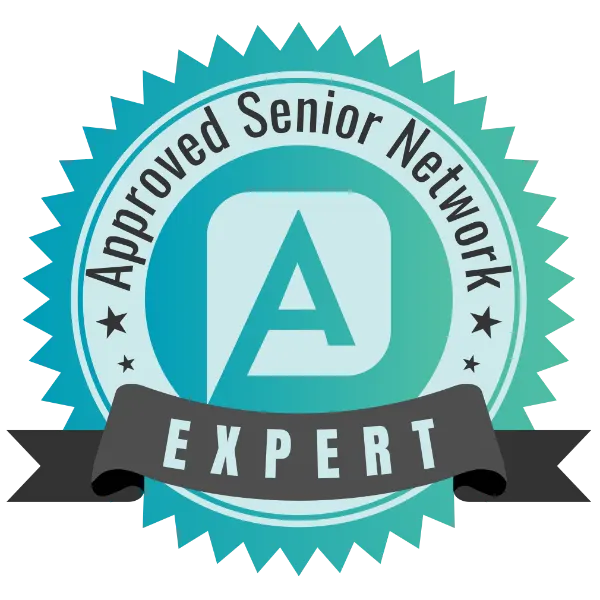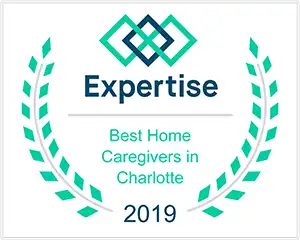When an emergency occurs, you often have only a split second to react. As a family caregiver, those moments and the choices you make can often mean very different potential outcomes for your parent.

One of these defining moments is the choice you make when your parent is having a stroke. Knowing what to look for and getting immediate medical attention can mean the difference between a life of intense physical and mental rehabilitation or a minor inconvenience. There are currently clot-busting drugs on the market that, if administered within the first three hours, may double the chances of a full recovery.
The Wonder Drug
Alteplase is the wonder drug. According to the Daily Mail, a study conducted on 3,670 patients showed that “those treated within 90 minutes of their initial symptoms had two and a half times the chance of a good recovery after three months compared with untreated patients. Those given it by four and a half hours had a 22 percent chance of recovery.”
When to Call 911
Know these signs so that you are ready in case of an emergency, offering your parent the best chance of recovery. F.A.S.T. is an acronym created by the American Stroke Association to help people remember the symptoms to be aware of that require a quick response.
F stands for Face Dropping. If your parent smiles and only one side of their mouth turns up, call for your emergency medical response team.
A stands for Arm Weakness. Ask your parent to raise both their arms straight up. The sign of weakness is if one arm drifts downwards. Other symptoms may be numbness in the affected arm.
S stands for Speech Difficulty. You may not be able to understand your parent’s words clearly or their speech may be slurred. Ask them to repeat a simple phrase and listen carefully. If you are concerned at all, don’t hesitate to call 9-1-1, even if the symptoms disappear. It may have been a transischemic attack, which is a “mini-stroke” that can lead to a massive one. Note the time that the first symptoms appeared as the emergency medical responders will want to know this information.
T stands for Time to Call 9-1-1. Don’t hesitate.
Home Care Services Provider
If your parent has suffered from the affects of a stroke or other life-altering disease and requires assistance with the daily activities of living, consider contacting a home care services provider. These professionals understand the limitations that your parent may be experiencing. In addition to providing support, care and companionship, they can be your eyes and ears. The risk for a second stroke is highest within the first three months following an initial stroke.
Resources: http://www.dailymail.co.uk/health/article-1278172/Stroke-victims-hour-window-clot-busting-drug-Alteplase.html
http://www.strokeassociation.org/STROKEORG/WarningSigns/Stroke-Warning-Signs-and-Symptoms_UCM_308528_SubHomePage.jsp
http://www.strokeassociation.org/STROKEORG/WarningSigns/Stroke-Warning-Signs-and-Symptoms_UCM_308528_SubHomePage.jsp
http://www.wakehealth.edu/News-Releases/2011/Researchers_Focus_on_Secondary_Stroke_Prevention_Intervention_After_Study_Reveals_Room_for_Improvement.htm











